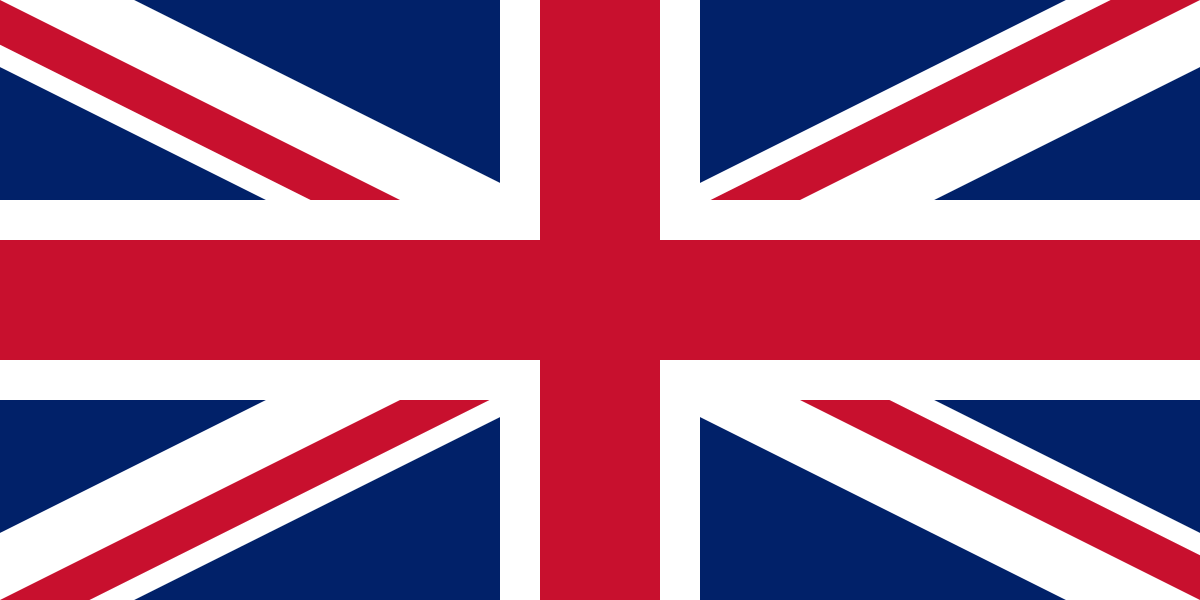How to Import Goods from United Kingdom to Nigeria.
How to Import Goods from the United Kingdom to Nigeria
Importing goods from the United Kingdom to Nigeria can be a lucrative business venture, but it requires careful planning and adherence to specific regulations. This guide provides detailed steps on how to import goods from the UK to Nigeria, emphasizing the services offered by Wigmore Trading to simplify the process.
Step-by-Step Guide to Importing Goods
1. Conduct Market Research
Overview: Before importing goods, it’s essential to understand the market demand, identify profitable products, and analyze the competition.
Key Points:
- Identify high-demand products in Nigeria.
- Understand consumer preferences and market trends.
- Evaluate the competitive landscape and pricing strategies.
Sources:
2. Find Reliable Suppliers
Overview: Selecting trustworthy suppliers in the UK is crucial to ensure the quality and reliability of the products.
Steps:
- Use platforms like Alibaba, Global Sources, and UK-based suppliers to find reputable suppliers.
- Verify the supplier’s credibility through reviews, certifications, and references.
- Request samples to assess product quality.
Sources:
3. Understand Import Regulations
Overview: Complying with Nigerian import regulations is essential to avoid legal issues and delays.
Key Regulations:
- Obtain an Import License from the Nigerian Export Promotion Council (NEPC).
- Ensure products meet the Standards Organization of Nigeria (SON) requirements.
- Register for a Tax Identification Number (TIN) with the Federal Inland Revenue Service (FIRS).
Sources:
- Nigerian Export Promotion Council (NEPC)
- Standards Organization of Nigeria (SON)
- Federal Inland Revenue Service (FIRS)
4. Arrange Shipping and Logistics
Overview: Choosing a reliable shipping method and managing logistics efficiently is crucial for a successful import process.
Steps:
- Select a Shipping Method: Decide between sea freight and air freight based on the nature and volume of goods.
- Choose a Shipping Company: Work with a reputable freight forwarder to handle logistics.
- Prepare Necessary Documents: Ensure all required documents, such as the Bill of Lading, Commercial Invoice, and Packing List, are in order.
Emphasize: Register with Wigmore Trading for streamlined shipping and logistics solutions.
5. Handle Customs Clearance
Overview: Navigating the customs clearance process smoothly is essential for the legal importation of goods.
Steps:
- Submit Required Documents: Present the Bill of Lading, Commercial Invoice, and SONCAP Certificate to Nigerian Customs.
- Pay Import Duties and Taxes: Calculate and pay the necessary import duties and taxes according to the Nigerian Customs tariff.
- Obtain Release Order: Once cleared, obtain a release order from customs to take possession of the goods.
Sources:
6. Transportation to Final Destination
Overview: Arrange for the transportation of cleared goods to your warehouse or point of sale.
Steps:
- Hire a Local Transport Company: Use a reliable local logistics service for safe and efficient transportation.
- Inspect the Shipment: Ensure that the goods are in good condition upon arrival.
Sources:
Best Practices for Importing
- Quality Assurance: Work with reputable suppliers to ensure product quality.
- Regulatory Compliance: Stay updated with NAFDAC regulations and ensure all compliance requirements are met.
- Efficient Documentation: Maintain accurate and complete documentation to facilitate smooth customs clearance.
- Risk Management: Insure your shipment to protect against losses during transit.
Conclusion
Importing goods from the United Kingdom to Nigeria involves several critical steps, from market research and supplier selection to compliance with regulations, arranging shipping, and handling customs clearance. By following this comprehensive guide and leveraging the services provided by Wigmore Trading, you can ensure a successful import process and tap into the lucrative Nigerian market.








LEAVE A COMMENT
You must be logged in to post a comment.